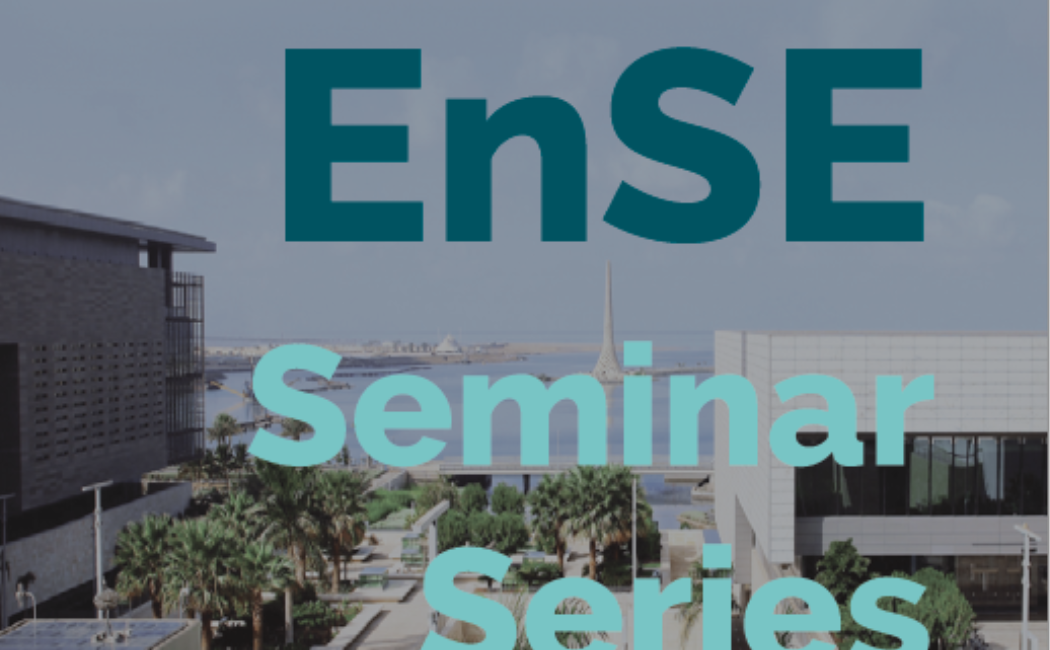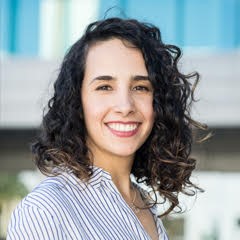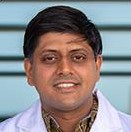



 Sandra Medina is a Colombian Chemical and Environmental engineer with an entrepreneurial mindset and passion for driving integration of scientific skills and industry needs. Her work has focused on wastewater treatment, with experience in environmental follow up in the upstream oil sector, which motivated her to pursue her Ph.D. about Produced Water treatment. Currently, she is co-founder of the biotechnology startup Wayakit and Ph.D. candidate at KAUST.
Sandra Medina is a Colombian Chemical and Environmental engineer with an entrepreneurial mindset and passion for driving integration of scientific skills and industry needs. Her work has focused on wastewater treatment, with experience in environmental follow up in the upstream oil sector, which motivated her to pursue her Ph.D. about Produced Water treatment. Currently, she is co-founder of the biotechnology startup Wayakit and Ph.D. candidate at KAUST.
Membrane fouling challenges the viability of oil-field produced water (PW) treatment with ceramic membranes. Surface-active compounds (i.e., surfactants) play an important role in irreversible fouling through adsorption phenomena. Furthermore, recent studies have shown that surfactant adsorption is driven by the nature of the surfactant rather than the ceramic membrane material properties. Hence, further research focused on the characterization of submicron surface-active compounds content in the real PW is needed. The aim of this study was to characterize the submicron contaminants present in a real PW sample and to evaluate its adsorption impact on alumina, the most common ceramic membrane material commercially used. The real PW sample was supplied by Tatweer Petroleum, operating in the Bahrain oil field. Submicron contaminants were visualized and characterized by epifluorescence and CryoTEM microscopy. The impact of submicron contaminants on the adsorption onto alumina surface was assessed using the Quartz Crystal Microbalance with Dissipation (QCM-D) system. As result, the adsorption kinetics, mechanical properties of the adsorbed film, and the cleaning efficiency of water/chemical cleaning of the saturated alumina surfaces were obtained. These results elucidate pre-treatment and cleaning strategies during ceramic membrane filtration, targeting specific surface-active compounds present in the PW.

 Dr. Muhammad Saqib Nawaz holds a Ph.D. degree in Environmental Engineering. He has over a decade experience of working in the field of water and wastewater treatment and remained involved in process designing, commissioning and troubleshooting of various plants. Currently, he is serving as a post-doctoral fellow at WDRC, KAUST and working on novel forward osmosis and membrane distillation systems for desalting complex process effluents.
Dr. Muhammad Saqib Nawaz holds a Ph.D. degree in Environmental Engineering. He has over a decade experience of working in the field of water and wastewater treatment and remained involved in process designing, commissioning and troubleshooting of various plants. Currently, he is serving as a post-doctoral fellow at WDRC, KAUST and working on novel forward osmosis and membrane distillation systems for desalting complex process effluents.
With increasing human needs, desalination is becoming necessary. Conventional proven desalination technologies like reverse osmosis (RO) have technical limitations when it comes to hypersaline water streams (> 70 g/L). Forward osmosis and membrane distillation are two advanced desalination technologies that are investigated recently by the researchers and are proving promising to desalinate hypersaline waters such as produced water. The advantage of both technologies are they operate without any applied hydraulic pressure. Various aspects of these technologies like optimization of operational conditions, salt rejection efficiency, and water throughput are evaluated in this study.